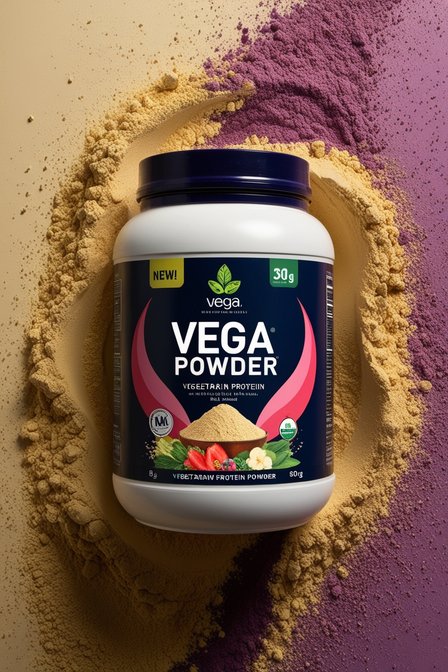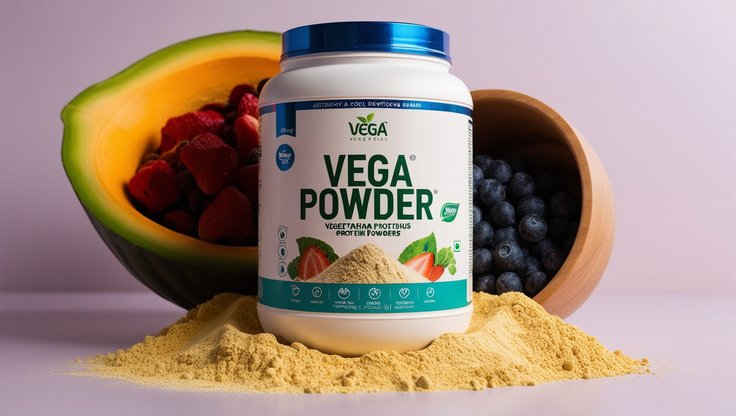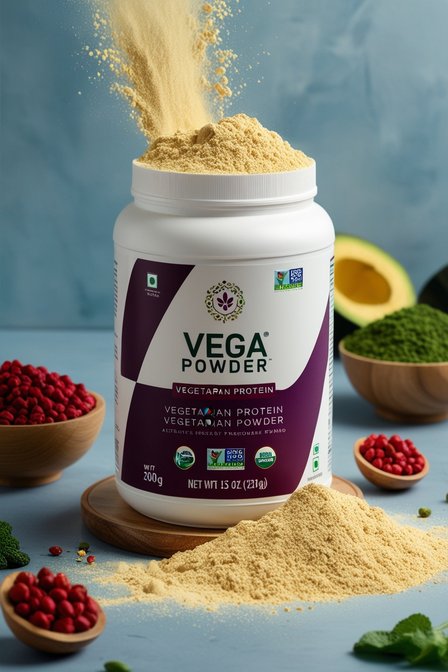The Ultimate Guide to the Best Vegan Protein Diet
Understanding Vegan Protein
As the popularity of veganism continues to rise, so does the interest in understanding how to maintain a balanced and nutritious diet while avoiding animal products. One of the primary concerns for new vegans and those considering a plant-based diet is protein intake. Protein is essential for muscle repair, growth, and overall bodily functions. This guide will delve into the best vegan protein sources and how to incorporate them into your diet for optimal health.
The Importance of Protein
Protein is one of the three macronutrients, along with carbohydrates and fats, that are vital for the body's functioning. It is composed of amino acids, which are the building blocks of our cells. There are 20 different amino acids, nine of which are considered essential because our bodies cannot produce them; hence, they must be obtained through diet. A well-planned vegan diet can provide all these essential amino acids by combining various plant-based protein sources.
Common Myths About Vegan Protein
There are several myths surrounding vegan protein that often deter people from adopting a plant-based diet. One common myth is that plant-based proteins are incomplete, meaning they do not contain all essential amino acids. While some plant proteins do lack one or more essential amino acids, consuming a variety of protein sources throughout the day can provide a complete amino acid profile. Another myth is that it's challenging to get enough protein on a vegan diet. In reality, many plant-based foods are rich in protein and can easily meet or exceed daily protein requirements.
Top Vegan Protein Sources
Legumes
Legumes, including beans, lentils, and chickpeas, are among the most protein-rich plant foods. They are also high in fiber, which aids in digestion and provides a feeling of fullness. For instance, one cup of cooked lentils contains about 18 grams of protein, making them an excellent addition to any vegan diet.
Nuts and Seeds
Nuts and seeds are not only high in protein but also packed with healthy fats, vitamins, and minerals. Almonds, chia seeds, flaxseeds, and hemp seeds are particularly notable for their protein content. For example, a quarter cup of almonds provides approximately 8 grams of protein.
Tofu and Tempeh
Derived from soybeans, tofu and tempeh are versatile protein sources that can be used in a variety of dishes. Tofu, often referred to as bean curd, has about 10 grams of protein per half-cup serving, while tempeh, which is fermented soybeans, contains around 15 grams of protein per half-cup serving. These soy products are also rich in calcium and iron.
Whole Grains
Whole grains such as quinoa, brown rice, and oats are excellent sources of protein and other essential nutrients. Quinoa, in particular, is a complete protein, providing all nine essential amino acids. One cup of cooked quinoa contains about 8 grams of protein.
Vegetables
While vegetables are not typically known for their protein content, some varieties are surprisingly high in protein. Broccoli, spinach, and Brussels sprouts are among the vegetables with higher protein content. For example, one cup of cooked spinach has about 5 grams of protein.
Creating a Balanced Vegan Protein Diet
Achieving a balanced vegan protein diet involves incorporating a variety of these protein-rich foods into your meals. It's important to focus on whole, minimally processed foods to ensure you are getting the most nutrients. Planning meals around diverse protein sources will help you meet your protein needs and enjoy a wide range of flavors and textures.
Breakfast Ideas
Starting your day with a protein-rich breakfast can set the tone for your entire day. Consider a smoothie made with almond milk, spinach, chia seeds, and a scoop of plant-based protein powder. Another option is a bowl of oatmeal topped with nuts, seeds, and fresh fruit. These meals not only provide protein but also essential vitamins and minerals.
Lunch and Dinner Options
For lunch and dinner, dishes like lentil soup, chickpea salad, tofu stir-fry, and tempeh tacos are excellent choices. These meals are not only high in protein but also flavorful and satisfying. Incorporating a variety of vegetables, whole grains, and healthy fats will make your meals well-rounded and nutritious.
Snacks and Supplements
Healthy snacks such as hummus with vegetable sticks, a handful of nuts, or a protein bar can help you maintain your energy levels throughout the day. While whole foods should be your primary source of protein, vegan protein powders can be a convenient way to boost your intake, especially for athletes or those with higher protein needs.
The Benefits of a Vegan Protein Diet
Adopting a vegan protein diet offers numerous health benefits. Studies have shown that plant-based diets can reduce the risk of chronic diseases such as heart disease, diabetes, and certain cancers. Plant proteins are typically lower in saturated fat and cholesterol than animal proteins, contributing to better cardiovascular health. Additionally, a vegan diet can support healthy weight management and improve digestion due to its high fiber content.
Environmental and Ethical Considerations
Beyond personal health benefits, a vegan diet has significant environmental and ethical advantages. The production of plant-based proteins generally requires fewer resources and generates less pollution compared to animal farming. By choosing a vegan diet, you are contributing to the reduction of greenhouse gas emissions, deforestation, and water consumption. Ethically, a vegan lifestyle aligns with the principles of reducing harm and promoting animal welfare.
Potential Challenges and Solutions
While a vegan protein diet has many benefits, it is not without its challenges. Some individuals may find it difficult to adjust to new eating habits or experience digestive issues when increasing fiber intake. To mitigate these challenges, gradually incorporate more plant-based foods into your diet and drink plenty of water to aid digestion. Seeking support from a registered dietitian or nutritionist can also be beneficial in creating a balanced and sustainable vegan diet plan.
Success Stories and Testimonials
Many people have successfully transitioned to a vegan protein diet and experienced positive changes in their health and wellbeing. Athletes, bodybuilders, and fitness enthusiasts have demonstrated that it is possible to build and maintain muscle on a vegan diet. Additionally, numerous individuals have reported improvements in energy levels, skin health, and overall quality of life after adopting a plant-based diet.
Conclusion
A vegan protein diet is not only feasible but also advantageous for health, environmental, and ethical reasons. By understanding the various sources of vegan protein and how to incorporate them into your meals, you can achieve a balanced and nutritious diet. Whether you are considering a vegan lifestyle for health, ethical, or environmental reasons, the key to success lies in variety, planning, and mindful eating. Embrace the abundance of plant-based protein options available and enjoy the journey towards a healthier and more sustainable way of living.



